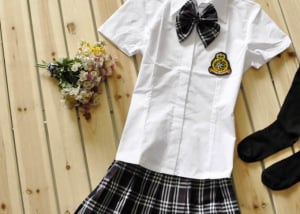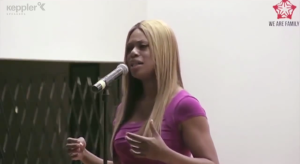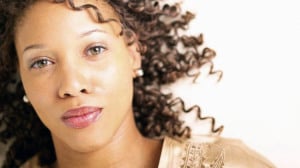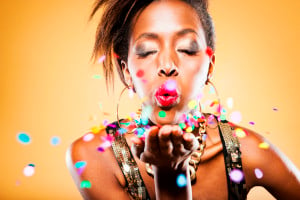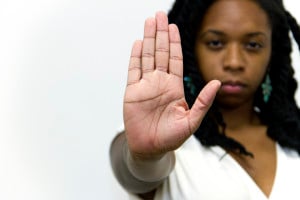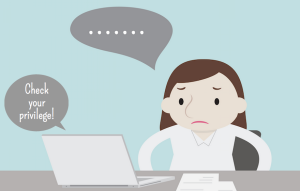Originally published on Empathize This and cross-posted here with their permission.
Even with the best of intentions, era-themed parties patronized predominately by white people can be awkward and exclusive for guest of color. This is especially true if the chosen era takes place during a time of blatant racial oppression.
While this may feel like a small, insignificant problem to some, it’s important to understand that oppression is a system, and that these day-to-day interactions feed into that system. If we want to combat oppression, we need to do it on all levels — big and small.
And it’s important to remember that if you belong to the dominant group (in this case, white people) that it isn’t your place to decide whether or not this issue matters. It can feel jarring to hear that something that is innocent to you can have heavy consequences, but try to sit in that discomfort in order to unpack the ways in which racism permeates our everyday lives.
So check out this comic from Emapthize This to learn more about how these parties can be unintended, yet still harmful, racial microaggressions.

I love parties. House parties, Halloween parties, Super Bowl parties — you name it. I’m an outgoing guy, and I like meeting new people and having a good time. But can we please talk about themed parties?
Look, obviously some themed parties are racist (hint: anything with blackface is racist). I’m not talking about those. I’m talking about the seemingly innocent 1920s themed parties. Or 1930s. Or, really, any decade before 1960, let alone anything in the 1800s.
My white friends seem to like these parties: fancy hats and moustaches and three-piece suits and dresses with white gloves and things like that.
Let’s unpack a few things about themed parties.
When white people say they are throwing a “1920s themed party,” they’re really saying: “Dress like a white person in the 1920s.” If I showed up the way my ancestors dressed at the time, you would think I missed the memo.
Which is fine, I guess. But I really don’t think they understand that parties like this can get awkward — specially if I’m the only person who isn’t white.
In a room full of white people wearing clothes from an overtly racist era, I feel out of place at best. At worst, I feel like I’m part of their costume as the servant.
Sure, I often end up having fun because I’m with friends, but it doesn’t mean it’s not awkward. The entire night, I’m reminded of my minority status. I think it’s one of those things white people never stop to think about (or experience), but it’s pretty obvious.
[do_widget id=”text-101″]
Empathize This develops comics based on audience-submitted stories about how prejudice and hardship affect their lives. They believe that a visual element helps some people understand a story better, that having the comic can help drive the narrative’s point home. Please follow them on twitter at @empathizethis.
Search our 3000+ articles!
Read our articles about:
Our online racial justice training
Used by hundreds of universities, non-profits, and businesses.
Click to learn more








